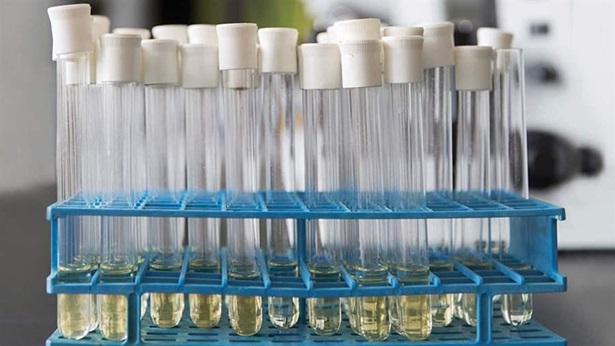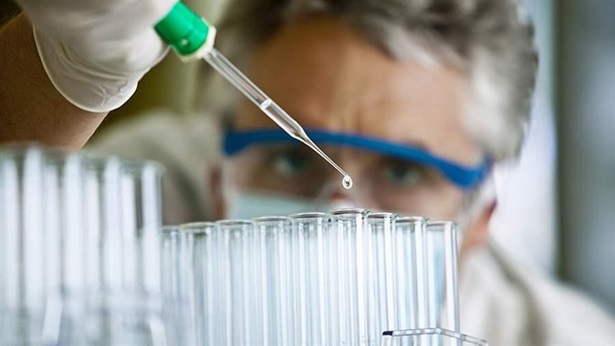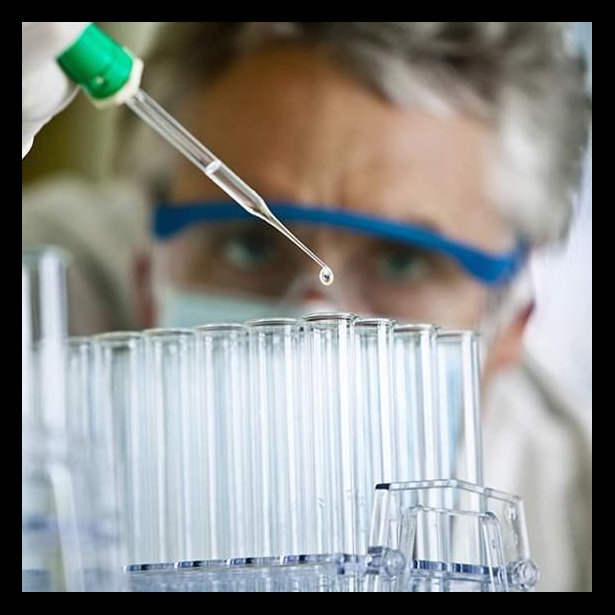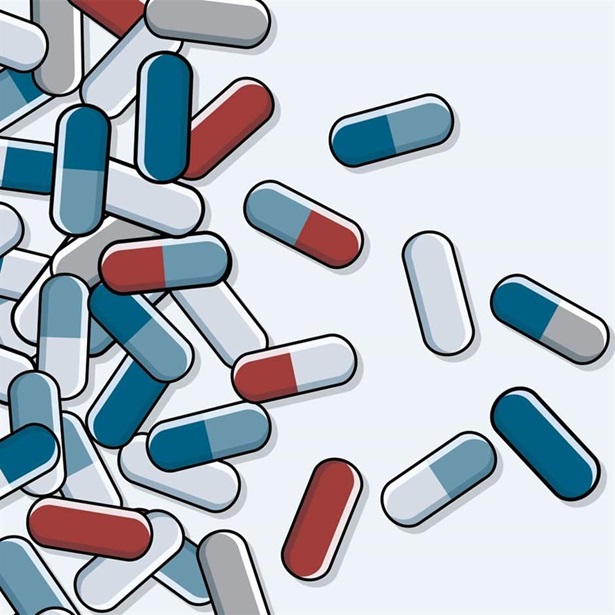Reactions to Pew’s Scientific Roadmap for Antibiotic Discovery
 © iStockphoto
© iStockphotoLeading scientists, government officials, and others have echoed the need for new effective antibiotics.
On May 11, The Pew Charitable Trusts released a strategy aimed at overcoming the 30-year drought in the discovery of new types of antibiotics. The Scientific Roadmap for Antibiotic Discovery identifies priority research goals and provides a detailed plan to advance antibiotic discovery efforts in the public and private sectors. The proposal builds on the efforts of a scientific working group and was developed with input from a wide range of experts in industry and academia. Leading scientists, government officials, and others have echoed the need for such an initiative:
"We need to do more than increase efforts to discover and develop new antibiotics. We need a coordinated, targeted approach to tackling key scientific barriers, and fresh new ways to overcome antibiotic resistance. We need to attract a new generation of Alexander Flemings."
Eric S. Lander, Ph.D., president and founding director of the Broad Institute of MIT and Harvard and co-chair of the President’s Council of Advisors on Science and Technology
"Antimicrobial resistance poses a catastrophic threat to our health, and it is imperative that countries across the world work together to develop more lifesaving drugs. I welcome Pew’s new research on this subject, and I hope it inspires a ripple effect across the globe. Antimicrobial resistance must be high on the global agenda if we are to save modern medicine as we know it."
Professor Dame Sally Davies, chief medical officer for England
"As well as being a commercially troubled field, antibiotic research and development also faces some very significant scientific and technical challenges. If we are to properly reinvigorate antibiotic discovery, then we need to tackle these technical and commercial challenges in parallel, in a coordinated and focused way. This new roadmap is therefore key to filling important gaps in our scientific understanding about how to beat drug-resistant bacteria, and to supporting antibiotic discovery and development now and in the future."
Lord Jim O’Neill, chairman of the U.K. prime minister’s Review on Antimicrobial Resistance
"Antibacterial research and development is notoriously challenging. As outlined in Pew’s roadmap, we need to significantly expand the early science foundation for antibacterial discovery to improve both the success of traditional approaches and to explore and validate entirely new ‘alternative’ approaches for tackling this global unmet need."
David Payne, Ph.D., vice president, Anti-Bacterial Discovery Performance Unit, GlaxoSmithKline
"The Infectious Diseases Society of America [IDSA] has partnered with The Pew Charitable Trusts on multiple projects to stimulate the research and development of urgently needed new antibiotics to treat serious or life-threatening infections caused by multidrug-resistant pathogens. Our members are involved in both direct care of patients with complicated infections and in R&D of new lifesaving antibiotics. We need a robust, diverse antibiotic pipeline to address current and future threats, and this report is a vital tool to help us achieve that goal.”
Johan S. Bakken, M.D., Ph.D., F.I.D.S.A., president, IDSA
"Innovation in the field of antibacterials is essential in order to avoid a post-antibiotic era. Through the combined effects of major scientific challenges and chronic underspending, innovation in antibacterials is lagging behind that seen in other drug discovery areas. Successful implementation of Pew’s roadmap will have both short- and long-term positive impact on the discovery and development of new antimicrobials. But even more immediately, implementation of the roadmap provides a platform from which innovation can be rekindled and a forum for engagement from which, I am confident, new lines of innovation, presently unforeseen, will emerge."
Manos Perros, Ph.D., president and CEO, Entasis Therapeutics
"As a physician, I have seen all too often the human toll of antibiotic resistance. Bacteria have evolved to combat the antibiotics we have today at an alarming rate—and resistance is spreading. We need new drugs to protect our patients from new and increasingly dangerous infections. Pew’s roadmap outlines a directed approach to target the key scientific barriers to finding urgently needed antibiotics for the patients who need them."
William Schaffner, M.D., professor of preventive medicine, department of health policy, Vanderbilt University School of Medicine
"There is an urgent need for new effective antibiotics, in particular for Gram-negative bacteria. Currently we rely on a small number of active molecules and for all of them natural resistance mechanisms have been detected. ... Pew’s Scientific Roadmap for Antibiotic Discovery is a transformational research effort that complements Translocation’s work, and fills a gap in the global research landscape for antibiotic discovery."
Mathias Winterhalter, professor of biophysics at Jacobs University in Bremen, Germany, on behalf of the Innovative Medicines Initiative’s Translocation project


America’s Overdose Crisis
Sign up for our five-email course explaining the overdose crisis in America, the state of treatment access, and ways to improve care
Sign up

A Scientific Roadmap for Antibiotics
A sustained and robust pipeline of new antibacterial drugs and therapies is critical to preserve public health


Pew Releases Scientific Roadmap to Spur Antibiotic Discovery and Innovation
Report proposes approach to end decades-long gap in new antibiotic approval












